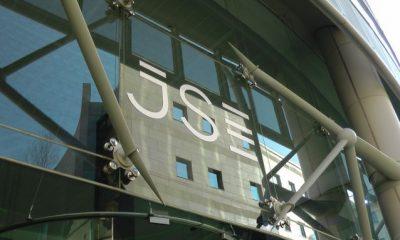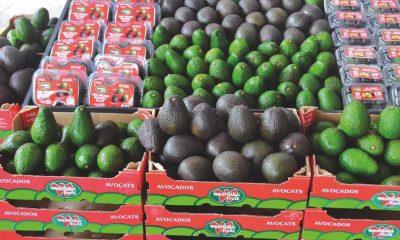411
Is South Africa’s R100-Billion Transformation Fund a Boost or a Burden?

A R100-billion Transformation Fund aimed at empowering black-owned businesses is raising both hope and concern in South Africa. President Cyril Ramaphosa introduced the initiative during his 2025 State of the Nation Address (SONA), outlining plans to allocate R20 billion per year over five years to drive economic transformation.
However, many in the business community are skeptical, questioning whether the fund will truly stimulate growth or simply become another inefficient policy weighed down by corruption and mismanagement.
What is the Transformation Fund?
The fund is designed to promote black economic participation through:
Improved access to funding for black-owned enterprises.
Integration of black-owned businesses into major value chains.
Financial support for B-BBEE legislation across public and private sectors.
By aggregating Enterprise and Supplier Development (ESD) funding, the initiative aims to break down barriers to economic entry for historically disadvantaged groups.
Concerns Over Foreign Investment and Economic Growth
Despite its good intentions, many business leaders and economic analysts argue that heavy BEE (Black Economic Empowerment) conditions have historically discouraged foreign investment in South Africa.
Even Elon Musk, the South African-born billionaire, has publicly stated that he would not invest in the country until BEE laws are repealed. Large corporations have echoed similar concerns, warning that strict regulatory frameworks create an unwelcoming business environment.
Instead of encouraging foreign investment, many fear that the fund could end up being mismanaged, inefficient, and prone to corruption, further straining an economy already battling high unemployment and slow growth.
Criticism from the DA and Economic Analysts
Critics, including DA MP Toby Chance, argue that real transformation won’t come from state-controlled funding but rather through cutting red tape and allowing businesses to thrive naturally.
“BEE has entrenched corruption, inefficiency, and waste,” says Chance.
“This R100-billion fund will just be another way to funnel taxpayer money into the hands of political allies while millions remain jobless.”
With nearly 45% of South Africans receiving social grants and youth unemployment among the highest in the world, the question remains: Is this fund a real solution or another failed policy?
What’s Next for the Transformation Fund?
The Minister of Trade, Industry, and Competition, Parks Tau, recently published a draft proposal for public comment. However, unless concrete transparency measures are put in place, many fear the fund could follow the path of previous BEE-related failures.
The biggest challenge now is proving that this initiative will truly benefit black-owned businesses rather than becoming another inefficient government scheme.
What Do You Think?
Should the government push forward with this R100-billion Transformation Fund? Or is a new approach needed to drive real economic growth?
{Source The South African}
Follow Joburg ETC on Facebook, Twitter , TikTok and Instagram
For more News in Johannesburg, visit joburgetc.com



























